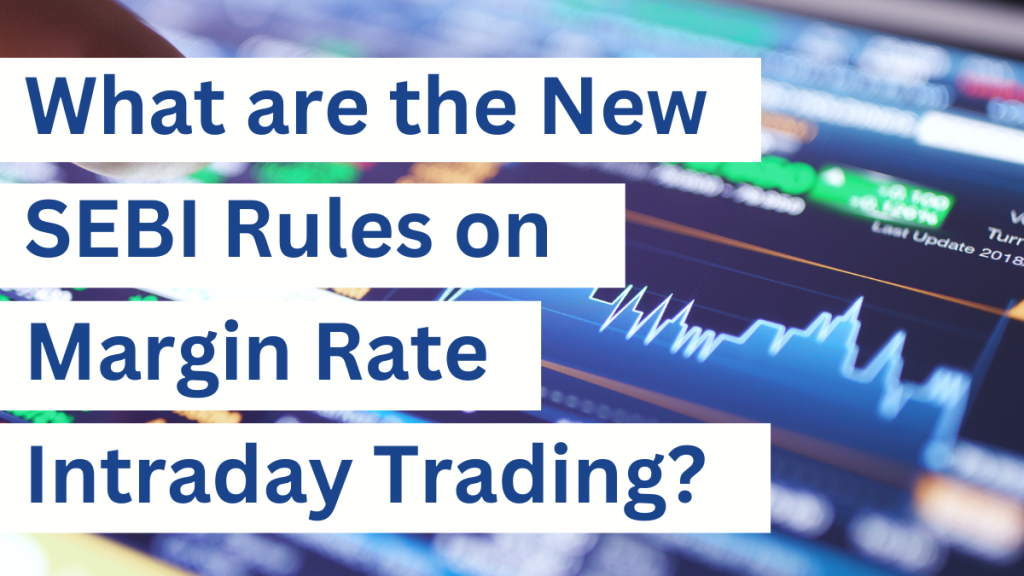Margin trading is a well-known mechanism in financial markets that allows traders to borrow from brokers to purchase extra securities beyond what they could with their capital. The margin trading facility provides this process by providing the leverage needed for buying that extra share, which subsequently amplifies the potential for alternative returns.
Role of Interest Rates in Margin Trading
Interest rates on the borrowed funds are one of the important aspects of margin trading. This varies from broker to broker and is subject to variation under various factors like market conditions, type of margin trading, amount of money borrowed, etc.
Notably, the cost of the entire borrowing is impacted by margin trading interest rate charges. In a case where an efficient structure of interest rates is not present, traders may find it difficult to profit from the investors. The brokers would provide a set of interest rates based on the amount being borrowed or the period for which the money is being lent.
Interest costs also need to be factored into the trading plan. Because interest payments accumulate quickly, potential profit can be decimated if the position is held for any extended period. Thus, the mtf interest rate structure becomes important for margin traders in carrying out their transactions.
SEBI Regulations on Margin Trading
The Securities and Exchange Board of India (SEBI) regulates margin trading to a large extent in the Indian securities market. Such rules are set up by SEBI regulations mainly to protect investors from excessive risks and to ensure transparency, as well as to sustain the integrity of financial markets and to safeguard investor dealings.
According to the SEBI framework for margin trading, various Margin Trading Facility (MTF) regulations prescribe certain specific conditions that brokers need to comply with while providing the margin trading services. These include the maintenance of margin trading services. The purpose of these regulations is to maintain a level of margin requirements, interest on capital borrowed, and the rights of traders and brokers alike.
SEBI envisages that its brokers will offer margin trading strictly on the basis of the principles of transparency. This includes grasping the risk involved, the cost of borrowing, and how margin calls can occur. The brokers are expected to maintain forward disclosures of their margin policies and interest rates so that traders have sufficient information about the parameters before they embark on trading on margins.
What Traders Must Know?
Margin trading can become one of the powerful methods traders have to leverage their profit potential, but it requires the utmost care and risk management. Fundamentally, traders are aware of the following important aspects before margin trading:
- Interest Rates: Interest rates on borrowed funds differ from broker to broker and can substantially affect the profitability of trades interested in. It is up to the traders to do their comparisons and select brokers offering competitive interest rates.
- Risk of Losses: Higher returns come along with a higher risk of losing funds in margin trading. Traders should be willing to lose higher than their initial investment in a worst-case scenario, especially when the market is headed downwards.
- Regulatory Compliance: Traders should know SEBI regulations regarding margin trading to be compliant with the rules and avoid any legal complications. Following all the margin requirements and maintaining adequate equity, as well as complying with margin calls when required, are key things.
- Monitoring Positions: Since margin trading magnifies both gains and losses, closely monitoring open positions along with the margin levels is extremely important. Traders should be prepared to make timely decisions like adjusting their positions or adding funds to keep their margin levels.
- Costs and Fees: In addition to interest, traders should be aware of any other costs and fees for margin trading, including transaction fees, penalty charges on margin shortfalls, and broker service fees.
Conclusion
Thus, margin trading allows traders to leverage their investments by borrowing funds from brokers; however, it carries immense risks if a trader does not fully comprehend interest rates, margin requirements, and the regulating framework.












Leave a Reply